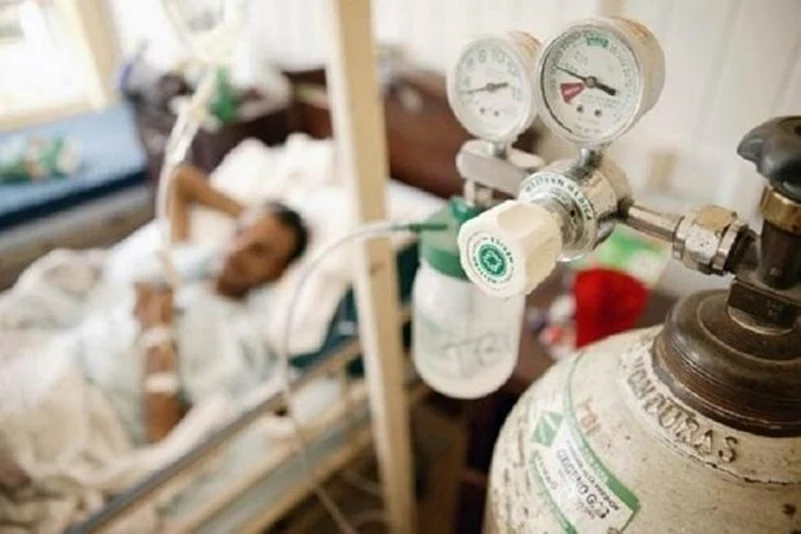Two years on from the onset of the pandemic the question still exists. Whether to home quarantine or to be hospitalised? The answer can only be given by a doctor.
As per the guidelines by the union government, asymptomatic patients can simply isolate themselves at home. However, those with moderate or severe symptoms shifted to Covid care centre or hospital depending on the severity of the conditions.
Home isolation is not recommended for Covid positive patients who are above 60 years or have conditions like diabetes, hypertension, or heart disease and patients that are immunocompromised unless approval is given from the physician.
Advertisement
As per the symptoms it can be classified into 3 types
- Mild disease
- Moderate disease
- Severe disease
Who can opt for isolation?
Patients having upper respiratory symptoms and or fever without shortness of breath or hypoxia for them home isolation can be considered. Other than that, patients who have mild symptoms or are asymptomatic & patients that have a separate room with an attached washroom not shared with the non-infected person are eligible for home isolation. Elderly patients among such cases with complexities like diabetes, hypertension, and/or heart disease permit proper evaluation from physicians for home isolation.
In such cases, a caregiver should be available to provide care 24x7 to them and also provide a communication interface with the hospital throughout isolation. Patients are kept in a well-ventilated room. Patients must rest and stay hydrated and use triple layers of masking. Both caregiver and patient to wear an N95 mask. Cough etiquette should strictly be followed. Oxygen saturation and body temperature should be monitored every three hours. On deterioration of the condition, the physician should immediately be contacted.
Advertisement
Symptomatic management
• Take Paracetamol if fever is greater than 100
• Consistent cough consider antitussive
• Take multivitamins like Vitamin C, zinc, etc.
Seek medical attention if:-
• High fever and/or severe cough for more than 5 days
• Difficulty breathing
• Low threshold for patients with comorbidities
Moderate Case:-
It can be considered a moderate case if breathlessness is experienced and a respiratory rate greater than twenty-four per minute is seen. Hospitalisation is advisory in such a case. Oxygen Support can be provided through a non-rebreathing face mask a proning position for a target SPO2 reading between 92%-96%
Severe Case:-
In case of a respiratory rate greater than thirty per minute and breathlessness being experienced along with ab SPO2 less than 90. It is a severe case and admission to the Intensive Care Unit is advisory. Respiratory support to be given by Non-Invasive ventilation and a high-low nasal canal. Invasive ventilation with ARDS net protocol for ventilator management
(Dr Sanket Jain is the Pulmonologist, Masina Hospital)




















